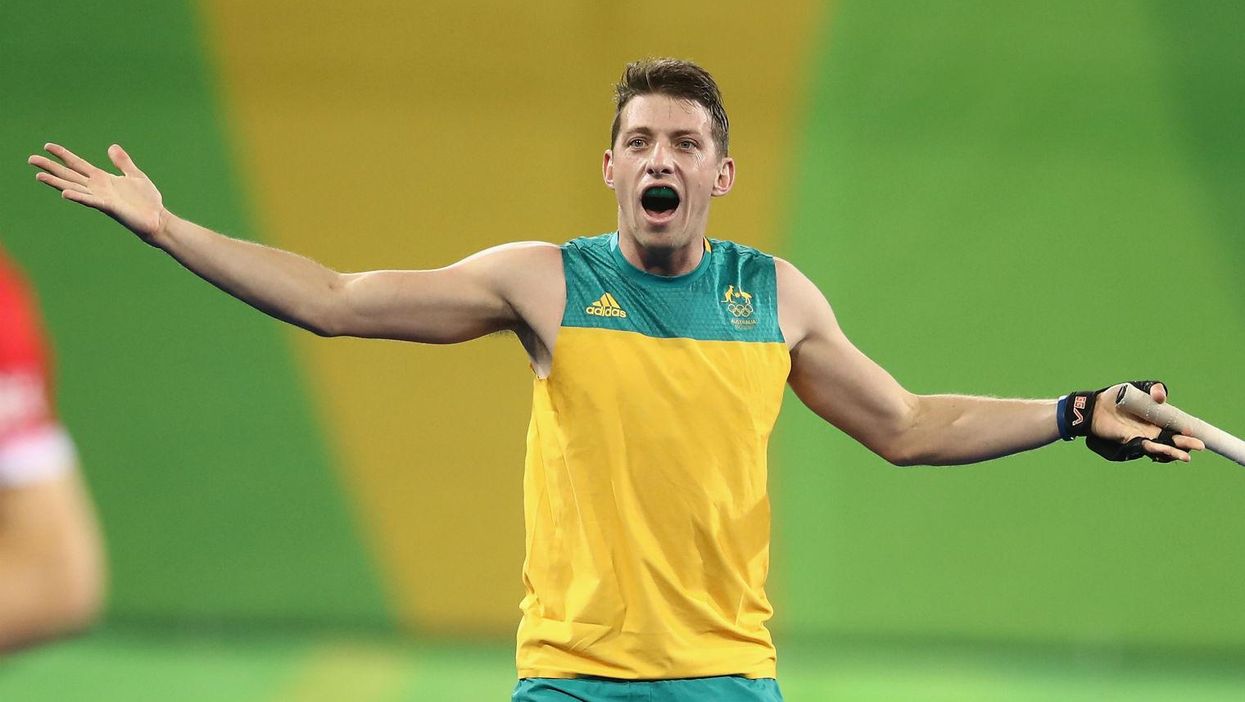News
Joe Vesey-Byrne
Aug 11, 2016

Picture: Mark Kolbe/Getty
The public are getting angry at the Olympic's commentators for using the nouns 'medal' and 'podium' as verbs.
Angry in the way only a grammar Nazi lover can be.
Was this one a pun?
'Verbing' a (horrible) word to describe the process by which nouns come to be used as verbs, is more common in English than in other Indo-European languages. Speaking to linguistics blog Oxford Dictionaries, the writer Anthony Gardner explained why:
What makes these leaps so easy is that English, unlike other Indo-European languages, uses few inflections. The infinitive does not take a separate ending, so while in French the noun 'action' has to become the verb 'actionner', English can use the same form for both. In German (apart from 'essen' meaning 'food' or 'eat'), such words are virtually unknown; the same is true of Chinese—though the noun meaning 'thunder' can be used as the verb 'to shock'.
Unfortunately this Olympian butchery of the laws of the English language is not new, it's actually making a vengeful return from previous games. During the London Olympics, Oxford Dictionaries noted a huge spike in searches for the verb 'medal' on their online dictionary. There were similar surges for the verb during the 2000 and 2004 Olympics, though oddly not during the 2008 Beijing games.
The Oxford English Dictionary (OED) attributes the first use of 'to medal' to a Californian newspaper in 1966. So it really is very much worse than we thought.
The verb 'to podium' has not yet been accepted by the OED, but they track its use back to 1992, and according to Oxford Dictionaries, the verb is being tracked for future inclusion.
Sorry grammarians.
More: [11 jokes only grammar nerds will understand]3
More: Reading a book for a few hours a week can add two years to your life
Top 100
The Conversation (0)
















